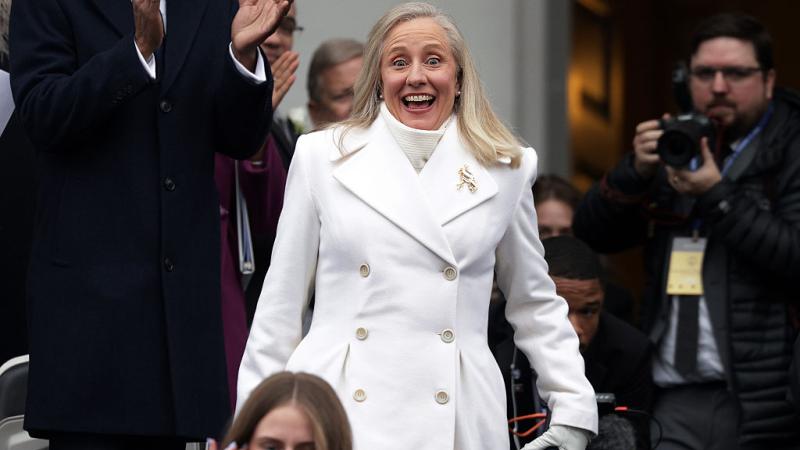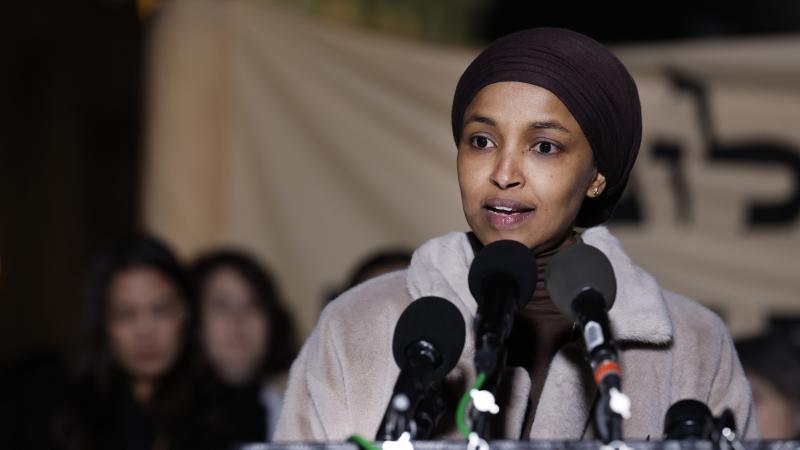Noem asks Department of Health for study on drug shortages
Governor says dependence on foreign manufacturers prevents the U.S. from responding swiftly in health emergencies.
South Dakota Gov. Kristi Noem asked the Department of Health for a review of the state's drug shortages, saying the country's dependence on foreign manufacturers prevents the U.S. from responding swiftly in health emergencies.
Noem quoted a report issued in March from the U.S. Senate's Homeland Security and Governmental Affairs Committee in her executive order that said the country ended with a shortage of 295 active drug shortages in 2022, a five-year high.
The report also showed the U.S. relies heavily on China and India for drug ingredients.
"The Administration for Strategic Preparedness and Response (ASPR) estimates that 90 to 95 percent of generic sterile injectable drugs used for critical acute care in the U.S. rely on key starting materials from China and India," the report said. "Between 2010 and 2015, the number of Chinese-based API manufacturers that registered with the FDA more than doubled."
Noem blamed the Biden administration for what she called "critical shortages."
"The Biden Administration's failure to address this shortage is causing patient care to suffer, creating delays in treatment, and increasing the risk of medication errors and the use of less effective alternative treatments," Noem said in a statement. "Once again, South Dakota will step up and be the leader that Biden refuses to be."
The Senate said in its report that the federal government is limited in identifying and addressing drug shortages.
"To date, federal and industry efforts to prevent and mitigate drug shortages remain insufficient," the report said. "With multiple underlying causes, the federal government must consider an array of reforms to address the key drivers of drug shortages."
The Food Drug and Administration's website showed 205 current/resolved shortages on Friday. The agency declined to comment specifically on Noem's executive order.
"The FDA recognizes the potential impact that increased demand of certain products may have on health care providers and patients," the agency said in a statement to The Center Square. "While the agency does not manufacturer drugs and cannot require a pharmaceutical company to make a drug, make more of a drug, or change the distribution of a drug, the public should rest assured the FDA is working closely with numerous manufacturers and others in the supply chain to understand, mitigate and prevent or reduce the impact of intermittent or increased demand of certain products."
Noem asked the DOH to complete its report by June 12, including ways to mitigate the state's possible drug shortages.














